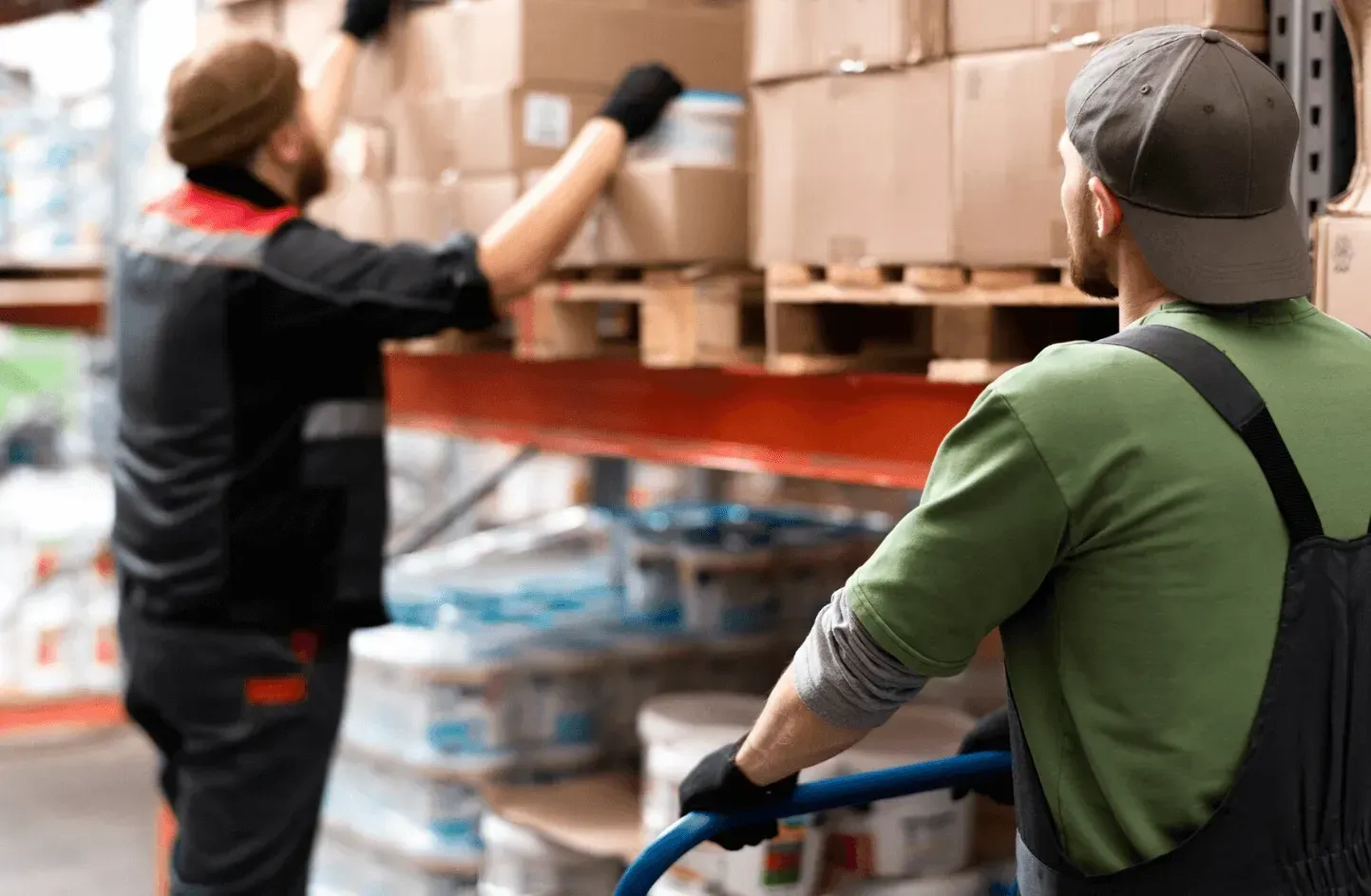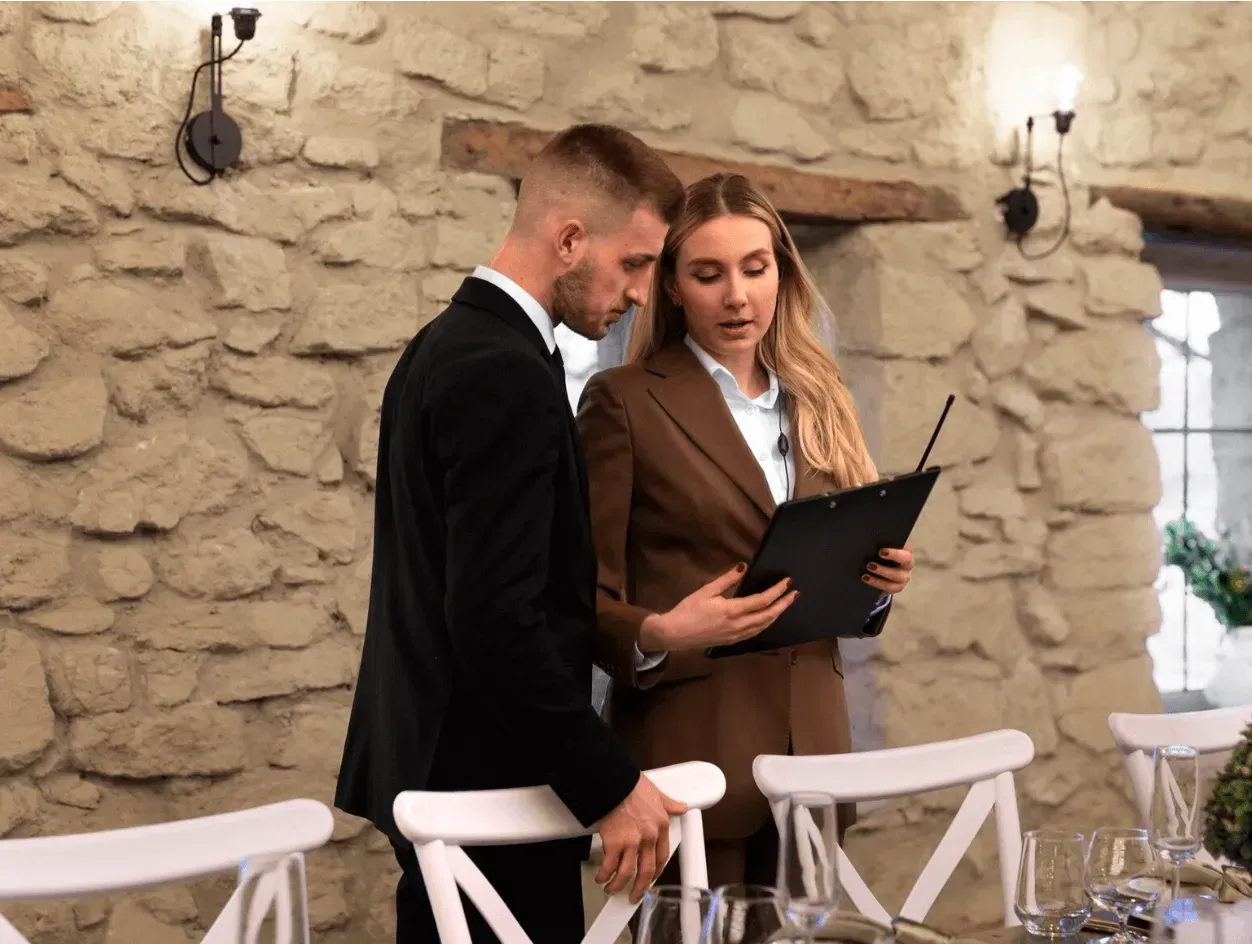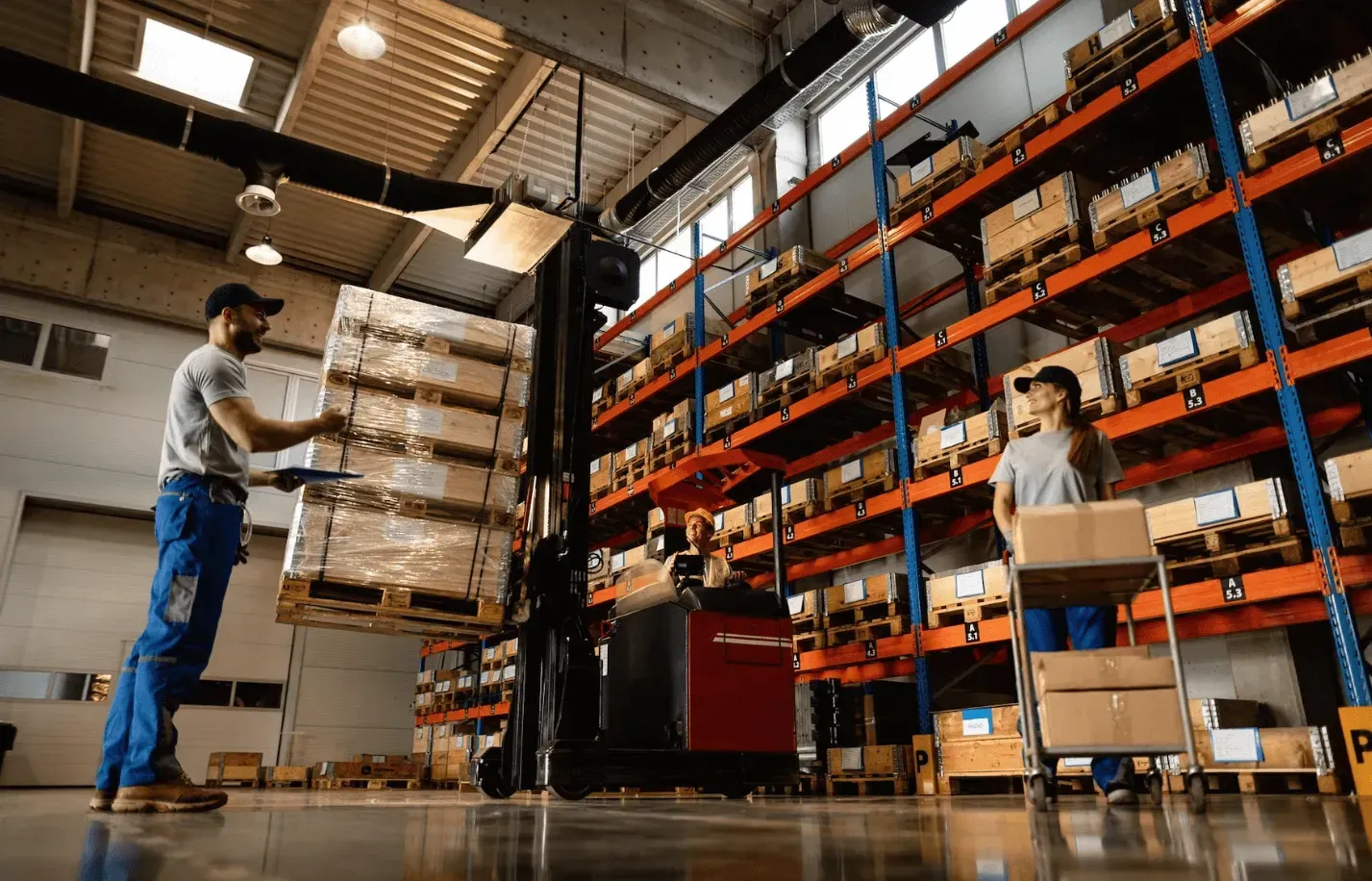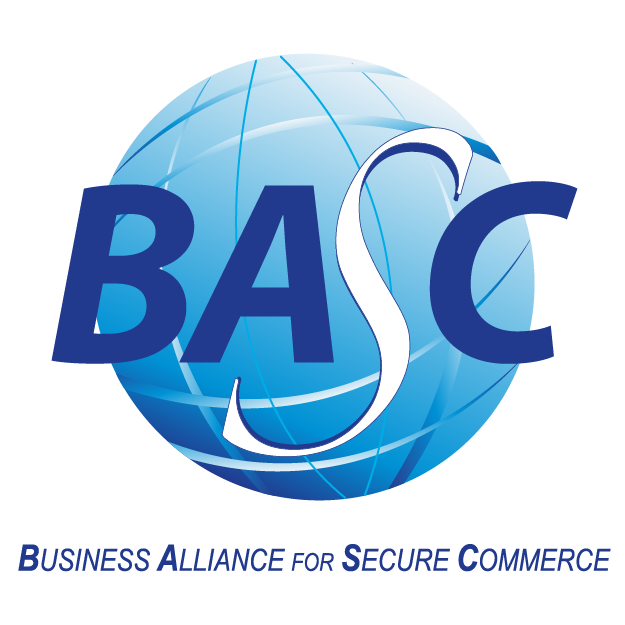Event logistics

Event Logistics: A Key to Success
Logistics in events is essential to ensure their success. From planning and coordination to execution and evaluation, every detail matters in creating a memorable experience. Supplier coordination, resource management, and a contingency plan are critical aspects to consider in event logistics.
Importance of Event Logistics
Event logistics plays a crucial role in the planning and execution of any event. Ensuring efficient logistics is essential for the success of the activity.
Key Elements for Efficient Logistics
- Coordination of suppliers and contractors
- Detailed planning of resources and timing
- Inventory and material management
Goals of an Event Logistics Company in Bogotá
Event logistics companies in Bogotá aim to ensure efficient coordination and planning of all logistical aspects to guarantee excellence in event execution throughout the city.
Logistics Planning to Ensure Event Success
Careful and detailed logistical planning is essential to ensure the success of an event. From coordinating participant transportation to managing timing and resources, every detail must be considered.
Coordination of Suppliers and Contractors at Events
Effective coordination with suppliers and contractors is vital in event logistics. Complying with local regulations and ensuring timely availability of services and products are key aspects of this task.
Event Logistics Staff
The logistics team plays a crucial role in the organization and execution of events. From planning to implementation, each team member has specific roles to ensure the event's success.
The Role of Logistics Staff in Event Organization
- Coordination of the overall event logistics
- Management of suppliers and necessary resources
- Detailed planning based on the event's specific needs
Working in Event Logistics: Roles and Responsibilities
- In charge of transportation and accommodation for participants
- Responsible for event safety
- Coordinator of timing and activities during the event
Evaluation and Feedback on Logistics Staff Performance
- Review of the fulfillment of roles and responsibilities
- Analysis of potential improvements in team coordination
- Gathering feedback for future events
Attendee and Resource Management at Events
Managing attendees and resources is a critical part of event logistics, ensuring the comfort and satisfaction of participants. From accommodation and transportation to activity coordination, every detail must be carefully planned and executed.
Accommodation and Transportation for Attendees
- Ensure nearby lodging options for attendee convenience
- Coordinate transportation from accommodations to the event venue to facilitate arrivals
- Provide accessible public transport alternatives for attendees without private transportation
Inventory and Material Resource Management
- Keep an updated inventory of all materials needed for the event, from furniture to promotional items
- Coordinate with suppliers to ensure the availability and timely delivery of required materials
- Establish an effective inventory control system to prevent shortages during the event

Coordination of Activities During the Event
- Design a detailed schedule of activities to ensure an efficient flow throughout the event.
- Assign personnel responsible for coordinating and supervising each scheduled activity, ensuring proper execution.
- Maintain smooth communication among the organizing team to adjust activities as needed during the event.
Contingency Planning and Problem Resolution
In the face of any unforeseen issues during an event, having a contingency plan is vital to ensure its success. Below are strategies to handle unexpected situations and the importance of post-event evaluation to identify areas for improvement:
Importance of a Contingency Plan in Events
- Have a detailed plan in place to handle unexpected events.
- Ensure the safety and well-being of attendees and staff.
- Minimize the impact of setbacks on the event’s development.
Strategies to Handle Unexpected Situations During an Event
- Establish clear roles and effective communication in case of emergencies.
- Have support resources such as trained staff and emergency equipment available.
- Continuously review the contingency plan and conduct drills.
Post-Event Evaluation and Areas for Improvement
- Gather information on deviations from the initial plan.
- Analyze the event results and assess the effectiveness of the implemented strategies.
- Identify improvement opportunities to optimize logistics for future events.
Effective Communication and Coordination in Events
Communication plays a crucial role in event logistics, ensuring that all parties involved are aligned with the event's objectives. Effective coordination of all elements is essential to optimize logistics and ensure efficiency.
The Role of Communication in Event Logistics
- Facilitates the clear and accurate transmission of information among different teams and stakeholders.
- Enables effective coordination to ensure all logistical aspects run smoothly.
- Supports informed decision-making and timely problem-solving during the event.
Coordinating All Elements to Optimize Logistics
- Efficient coordination of suppliers, contractors, and staff is essential for successful event logistics.
- Proper synchronization of activities and resources contributes to a smooth and effective event execution.
- Attention to detail and constant communication are key to optimizing logistics and avoiding setbacks.
Importance of Feedback in the Continuous Improvement of Events
- Gathering feedback from all parties involved in the event helps identify improvement areas and implement corrective actions.
- Post-event evaluation provides valuable insights to adjust logistical planning and improve future event experiences.
- Constructive feedback contributes to the evolution and refinement of event logistics, ensuring long-term effectiveness.
Time Management and Detailed Planning
Time management and detailed planning are fundamental aspects of event logistics in Bogotá. Creating a comprehensive event timeline, coordinating production times and activity scheduling, and monitoring the schedule during all event stages are essential for ensuring success. Below are the key points to consider in this phase:
Creating a Detailed Event Schedule
- Clearly define all activities and tasks required for the event.
- Set deadlines for each task, considering duration and dependencies.
- Assign responsibility for each task and establish tracking mechanisms.
- Include rest periods for staff and preparation time before the event.

Coordination of Production Timing and Activity Scheduling
- Ensure coordination among the various teams involved in the event's production.
- Guarantee that production timelines are realistic and align with the established schedule.
- Schedule specific activities for each stage of the event, from setup to teardown.
- Establish an action plan in case of delays or unforeseen issues during the event’s execution.
Monitoring the Schedule Throughout All Stages of the Event
- Hold regular meetings to review progress on the schedule and make adjustments if necessary.
- Maintain smooth communication among all teams to avoid deviations from the established timelines.
- Record and document any changes to the schedule and ensure all stakeholders are informed of the updates.
Ensuring Profitability and Success in Events
Strategies to Ensure Event Profitability
To ensure an event is profitable, it is essential to conduct a detailed cost-benefit analysis. Effective strategies include optimizing resources, negotiating with suppliers, diversifying income sources, and creating attractive sponsorship packages.
Keys to Ensuring Success and Attendee Satisfaction
Event success is not measured solely in financial terms, but also by attendee satisfaction. To ensure this, it is important to offer a memorable experience, paying attention to every detail—from customer service to the quality of services provided. Collecting attendee feedback is also key to identifying improvement areas.
Improvements in Logistics Planning for Future Events
After each event, a detailed evaluation is essential to identify logistical strengths and weaknesses. This feedback enables continuous improvements in the planning of future events, optimizing resources, establishing more efficient protocols, and strengthening coordination with suppliers and contractors.






